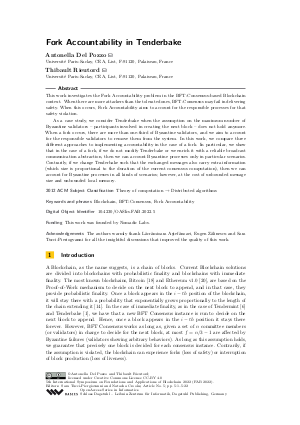OASIcs.FAB.2022.5.pdf
- Filesize: 1.18 MB
- 22 pages

 Creative Commons Attribution 4.0 International license
Creative Commons Attribution 4.0 International license






















Feedback for Dagstuhl Publishing